What’s the Deal with the Devil: Conclusion and a Call to Action
It’s time to draw to a close this series on What’s the Deal with the Devil. Here’s what the series said so far:

Good versus Evil. Image source: Freehdw.com
In The Deal with the Devil I looked at stories that feature the Devil as a character, one interested in making a trade for souls, and revealed while that story setting is not literally true, people in fact seize on pleasures and advantages of this life in exchange for seeking salvation for their souls. Which opened the door to talking about what Satan has to do with the choices people make.
In What Does the Devil Want I took the instructions about what the Bible says about Satan seriously. The New Testament Epistles that provide the marching orders for Christian behavior provide no instructions for casting out demons or prayers to cleanse physical space of them, but do in fact reveal that Satan and his demons are active in disrupting attempts to serve God. Satan is in fact at war against Christian believers. His primary goals in the world include hindering ministries that share the good news of Christ in various ways, but in regard to Christians in particular, he wants to get us to sin and believe false ideas about the nature of spiritual reality. Therefore a determination to avoid sin and to seek out truth are in order for us. Note that all of what I said came from the Bible–if you treat the Bible seriously, you should take the article seriously.
What Kind of War Does the Devil Fight? I looked at what the Bible says about what the Devil does and compared it to modern military doctrine. And found that Satan’s works most closely parallels “Information Operations” or “messaging” or in a negative sense “propaganda.” The Spiritual war isn’t about invisible angels and demons swinging swords at each other as Frank Peretti famously imagined–while in some ways it’s more like cyberwarfare, it’s most like propaganda and control of information. The Devil is out and about planting ideas in minds, a bit like the movie Inception, and hoping human beings run with those ideas and both sin and promote sin in a way that influences other humans (away from God).
How to Face the Devil in Combat, Part 1 talked about the best way to face what the Devil tries to do to Christian people as laid out clearly in Scripture. It involves “putting on the armor of God” which is really about living certain virtues positively towards God. Theses virtues are righteousness and truth and faith and preparation to share the Gospel, which couldn’t exist without salvation, all reinforced by the word of God, with prayer lacing everything together. The post revealed for the most part we don’t have to continually think about the Devil to resist him–though we should be aware of his existence.
How to Face the Devil in Combat Extra: Personal Doubts and Emotions talked about how the war that Satan wages against Christians as portrayed in the Bible isn’t just limited to doubts about grand theology. The doubts can be personal and the attacks can hit emotions. The primary answer is still “the armor of God,” that is, living for God. Though of course seeking help from other people is appropriate in some cases as well.
The Spiritual War Through Culture: Bible Times looked through the history of how believers dealt with the cultures surrounding them. Were believers totally different, totally separatist? No. Were they totally the same–did they embrace all the same things the culture around them embraced? No. While using some of the forms found in other groups, including moral laws, proverbs of wisdom, histories of the past, music, and even sporting events and literary works, believers in the past produced a corpus of written works of faith unique to themselves. They also faced temptation to become just like all the people surrounding them–a temptation they needed to steadfastly resist.
The Danger of Anti-Pearl-Clutching: What Would Satan Do? was in a way an aside from the logic of the main set of articles, but a necessary one. Is it appropriate to belittle the reality of spiritual influence because other people have over-emphasized it? Should you ignore what the Bible says about spiritual war because you’re a devoted “anti-pearl-clutcher”? And once you accept that Satan is real as the Bible says and really is trying to influence people in a way that has parallels with “Information Operations” and has influenced cultures in the past (in Bible times as a particular example), maybe it would be worth your time to think about WWSD (What Would Satan Do)?
The Spiritual War Through Culture: Modern Entertainment looked at how the modern entertainment industry provides ample opportunity for Satan to get messages out to the world, in order to fight the type of war concerning control of ideas, emotions, and prodding people to sin that he’s fighting. The Devil’s war through modern entertainment has included speculative fiction. Using Star Trek as the primary example (referencing Harry Potter as well), the post showed that what speculative fiction often does that serves Satan’s purposes is simply imagine human beings functioning better in the world without any overt religion or need to pray–not even in combat or stress. Speculative fiction has of course at times glorified or at least normalized sin, but downplaying the need any human being has for God is more common–and constitutes damage enough. Though of course at times speculative fiction simply substitutes other religious ideas for authentic ones. Which isn’t a coincidence, because WWSD. So while a “pearl-clutcher” might reject all of speculative fiction and a “anti-pearl-clutcher” might accept it all, a realistic approach means analyzing the contents of fiction and admitting the bad parts while celebrating what is good and positive and virtuous.
But I also mentioned we should seek to make better fiction if we can. Which leads to what I’m about to say below.
A Call To ACTION
Wake up, ding-dong! You’re in a war! Get your armor on! Don’t fall for the attacks of the Enemy. And once you get yourself straight so you aren’t falling for temptations to sin, tripping up over baseless feelings about yourself, and believing outright false and unbiblical crap, we need you out on the front line! Strap on the armor, pick up your sword and shield and get out here–we need you!
There’s a war of ideas going on and the Devil is doing quite well in inserting all kinds of false notions into our culture. His actions are by no means limited to speculative fiction–he’s got fingers in everything (for example, if you haven’t seen it yourself, you wouldn’t believe the garbage written by certain supposed “Bible scholars”). Note that Satan is doing quite well in his war–unbelief in general is up–Atheism is on the rise–so is modern Neo-Paganism. The culture is drenched in easy access to pornography and porn is spilling into speculative fiction and has been for decades. Young people are leaving churches in droves, not just because they think churches are not wholly authentic, if the whole truth is to be told. Ideas about human sexuality and gender that have been around for thousands of years are now routinely questioned–and the glorification of sexuality in general is on the rise.
God wins in the end, we know this. So there’s no need to be paralyzed by fear. We also know we have all the tools we need to dwell in the culture we live in, yet be distinctly different from that culture. (Yes, ding-dong, following Jesus requires you to be different–Jesus wasn’t like everyone else and if you follow him, you’ll be different, too!)
Since Speculative Faith is aimed at writers and to a lesser degree readers of speculative fiction who are Christians, I can assume that many of you feel that God has a purpose for you as a writer. Yeah, it’s vain to think that every notion that crosses your mind to write must come directly from God, because people are capable of being wrong about that. But still, if you feel that God called you, what is it he called you to do? To write the exact same stuff that the rest of the world around you writes in the exact same way? Seriously?
Seriously, are we supposed to believe there is nothing that Christian people have to say that will be unique and different and intrinsically interesting and which will offer a counter to the messages we get continually exposed to in the culture we inhabit? Messages not just about the substitution of religion or downplaying of God, how about the message of how important sex is? Or money? Or power? Etc.
How are you going to fight that, Christian writer? Christian sub-creator? I can’t tell you that. I’m not your commander. You take your orders from Him, not me. I’m just a fellow soldier in this warfare, but I can guarantee you that if you are listening to the Commander, he has a message for you to write in story form that matters (yes, that’s still subject to the rules of good workmanship like editing), that’s unique as your fingerprint but which has purposes that meet broad goals in this war of information and ideas that’s ongoing as we speak. Whether you know it or not!

Fighting the Devil: Image source, Christianity Today.
It’s not for me to tell you what to write, but if you are “lounging around the barracks” by being a lazy consumer of popular culture, without ever recognizing what can be bad about it, without fighting against damaging messages, I do have a message for you. Get your butt off your bed, get on your armor, and write what you’re supposed to write, whatever that is! Don’t swallow whole what this culture offers–resist assimilation–stand strong in the Lord and power of his might. And FIGHT!
Offer something different, something better, whether subtly or overtly, whether obvious or not, but don’t just sit there–do something, in obedience to what God requires of you, yes, of course. But I’m sure the Almighty would agree that you need to create something better, something God has given you to make!
And Christian readers, maybe you ought to seek out Christian writers, ones that have messages that reinforce or help illustrate what you believe. Maybe you ought to show those Christians creators some loyalty with the money you spend on entertainment. Instead of paying money by the fistful for ordinary franchises like Star Wars or Star Trek, while offering relative pennies to fellow Christian writers. Yes, feel free to seek out the best ones who have done the work to master their craft, but do seek them out and support them with money, so they see a reward for their labor. (And don’t assume up front that if someone is labeling a work as “Christian fiction,” or even if it isn’t labeled that way but a Christian wrote it, it therefore must be bad!)
The spiritual war is not fictional. In reality it has a lot to do with ideas, true and false ones, ones pointing in the direction of righteousness and others towards sin. Ideas are part of the structure of stories, whether hidden in the background or up-front and central to a tale, though what we make of the ideas in personal associations matters as much, perhaps even more, than the ideas themselves. But since ideas can be true or false or good or evil in absolute terms (and yes, some shades of gray in between), it makes sense to confront the wrong in the entertainment we consume and to celebrate what is good. But even more, it makes sense for us to produce works that are built out of true and good ideas as best we are able to build them. And support other creators who are already doing it!
That’s not a call for total isolation or separation but there is a point to separation to a degree. Not all works of creation have the same intended audience so some will wind up going back to a base, in effect creating a sub-genre. Creating sub-genres is fine and even necessary at times, but by no means are Christian creators limited to that.
So what do you think, readers? I don’t think I’m pearl-clutching here or tilting at windmills. The spiritual war is real; it’s about ideas; it’s in our entertainment; I say we need to fight, both in what we write and by showing loyalty to certain fellow-creators. What do you say?


































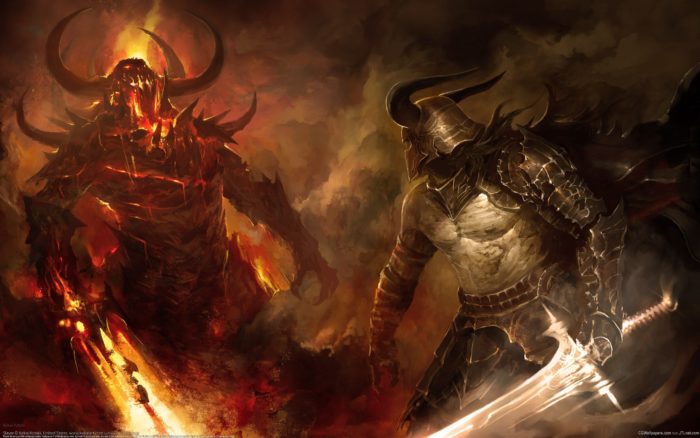

 Dostoyevskyâs short stories. I would have read one of his novels, but they all seemed to be a minimum of 600 pages, and I didnât have that kind of commitment. In âBobokâ, a man lingers in a graveyard after a funeral and overhears the corpsesâ conversation. Itâs hinted that the man is a drunk, and possibly a lunatic (I mean, even before the eavesdropping on the dead begins). But he might have really heard it, and it almost doesnât matter. What matters is the conversation. This short story is horror, but of a different flavor than its bare premise suggests. Although not overtly religious, âBobokâ possesses a spiritual horror, less from death than from what death unveils.
Dostoyevskyâs short stories. I would have read one of his novels, but they all seemed to be a minimum of 600 pages, and I didnât have that kind of commitment. In âBobokâ, a man lingers in a graveyard after a funeral and overhears the corpsesâ conversation. Itâs hinted that the man is a drunk, and possibly a lunatic (I mean, even before the eavesdropping on the dead begins). But he might have really heard it, and it almost doesnât matter. What matters is the conversation. This short story is horror, but of a different flavor than its bare premise suggests. Although not overtly religious, âBobokâ possesses a spiritual horror, less from death than from what death unveils.



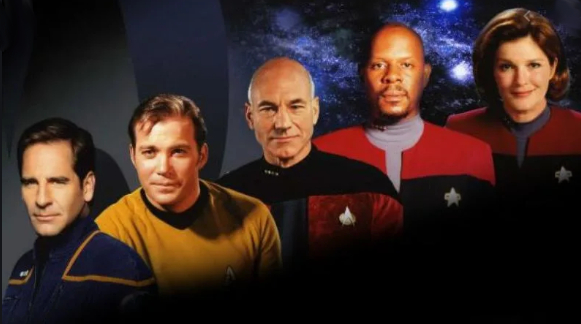





 Exploring Matthew 2 and The End of the Magi
Exploring Matthew 2 and The End of the Magi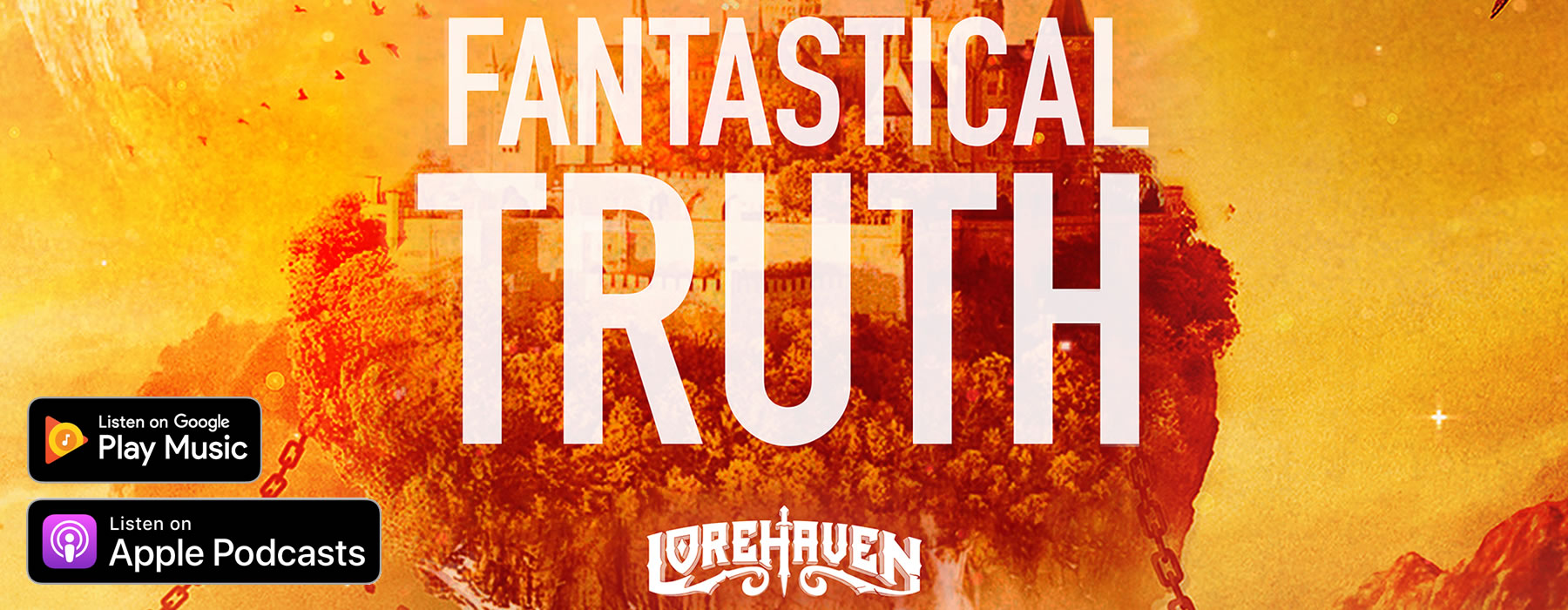

 Six days into our wilderness survival adventure in the La Plata Mountains of Colorado, Comet Pulon passed by the earth. We had no way of knowing that it had come much closer than expected, that it had forever changed our planet, and that it had left a killer among us. Oblivious, the twelve of us camped in a clearing, cheered as the bright yellow fireball soared overhead, roasted marshmallows, and toasted with canteens of water we had purified ourselves.
Six days into our wilderness survival adventure in the La Plata Mountains of Colorado, Comet Pulon passed by the earth. We had no way of knowing that it had come much closer than expected, that it had forever changed our planet, and that it had left a killer among us. Oblivious, the twelve of us camped in a clearing, cheered as the bright yellow fireball soared overhead, roasted marshmallows, and toasted with canteens of water we had purified ourselves. Jill Williamson writes fantasy and science fiction for teens and adults. She grew up in Alaska, staying up and reading by the summer daylight that wouldn’t go away. This led to a love of books and writing, and her debut novel, By Darkness Hid, won several awards and was named a Best Science Fiction, Fantasy, and Horror novel of 2009 by VOYA magazine. She loves giving writing workshops and blogs for teen writers at www.GoTeenWriters.com, which has been named as one of Writer’s Digest‘s “101 Best Websites for Writers.” She now lives in the Pacific Northwest with her husband and two children.
Jill Williamson writes fantasy and science fiction for teens and adults. She grew up in Alaska, staying up and reading by the summer daylight that wouldn’t go away. This led to a love of books and writing, and her debut novel, By Darkness Hid, won several awards and was named a Best Science Fiction, Fantasy, and Horror novel of 2009 by VOYA magazine. She loves giving writing workshops and blogs for teen writers at www.GoTeenWriters.com, which has been named as one of Writer’s Digest‘s “101 Best Websites for Writers.” She now lives in the Pacific Northwest with her husband and two children.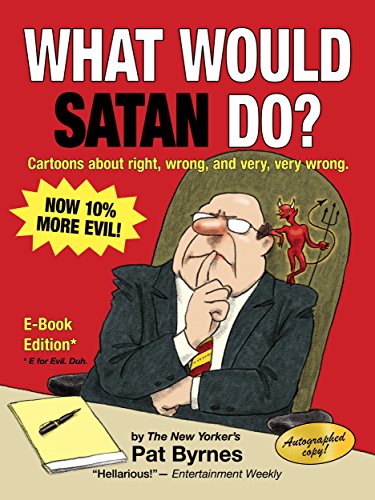

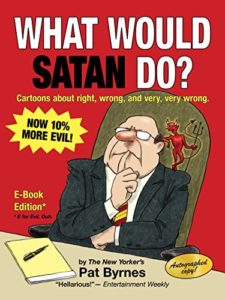


 implicit belief that the public taste is broader than that, that people can â and would, if Hollywood chose to offer them â enjoy films that break the ascendant formulas.
implicit belief that the public taste is broader than that, that people can â and would, if Hollywood chose to offer them â enjoy films that break the ascendant formulas.

